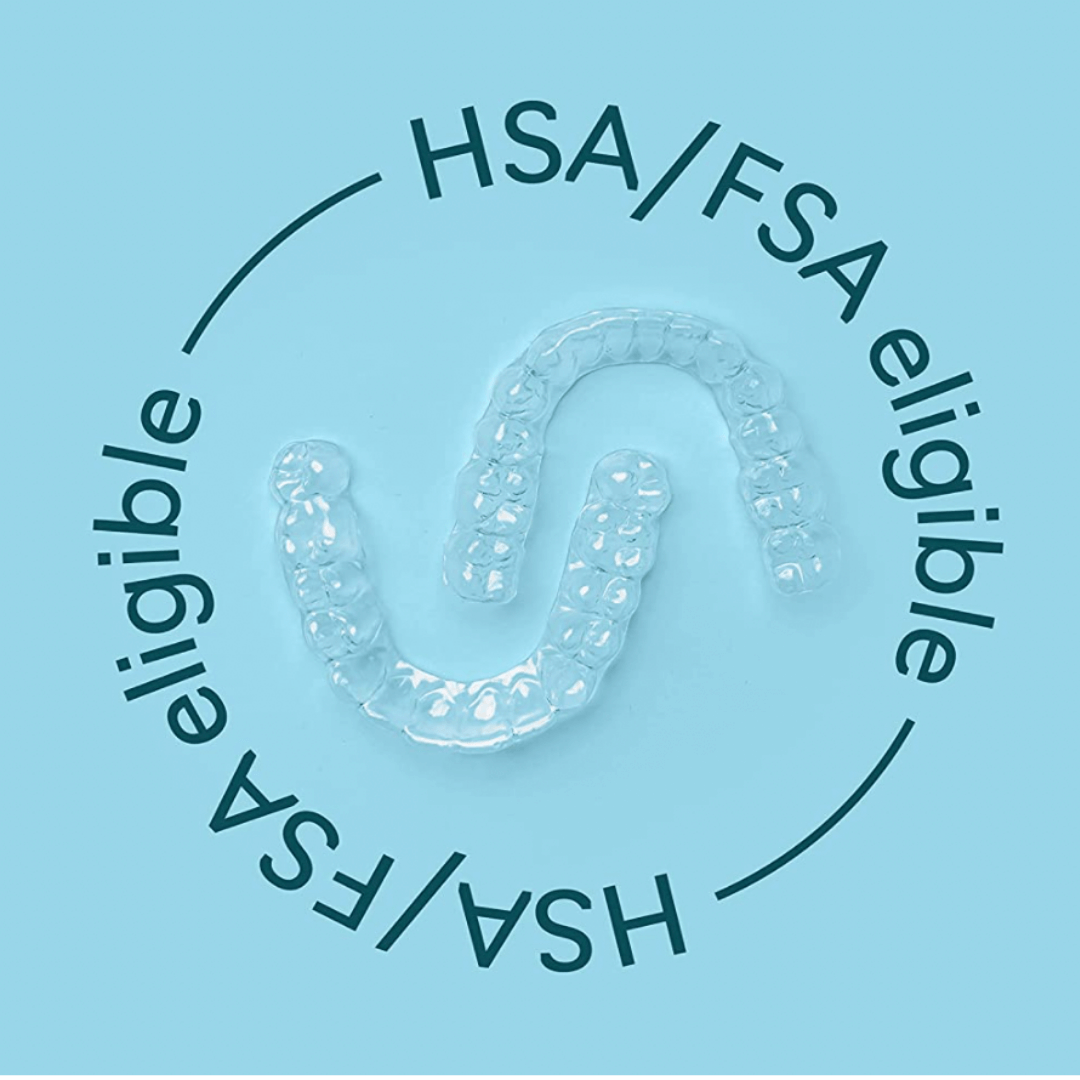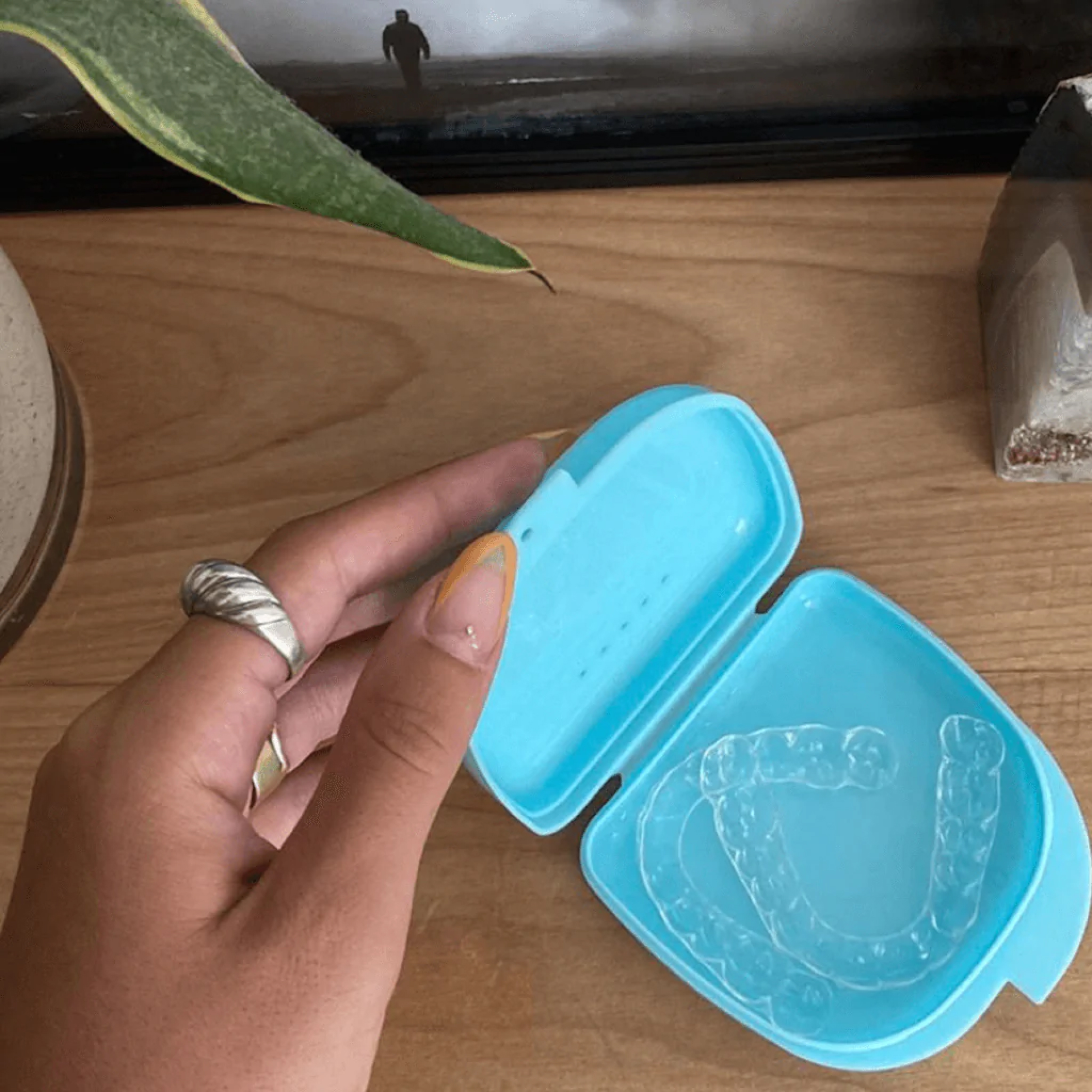How a Custom Night Guard Can Help Stop Teeth Grinding
Teeth grinding, also known as bruxism, is a common issue that affects many people during their sleep. This involuntary habit can lead to various oral health problems and affect the quality of your sleep. A custom night guard can be an effective tool in managing teeth grinding and preventing associated complications. In this article, we will discuss the causes and effects of teeth grinding, the role of night guards in preventing bruxism, and the process of getting a custom night guard. We will also provide tips for adjusting to your new night guard and maintaining its functionality.
Understanding Teeth Grinding: Causes and Effects
What is Teeth Grinding (Bruxism)?
Teeth grinding, also known as bruxism, is a condition that affects many people. It is the act of clenching and grinding your teeth together, often during sleep. It can also occur during the day, especially during moments of stress or intense concentration. While occasional teeth grinding is considered normal, chronic bruxism can lead to various oral health issues, including tooth enamel wear, tooth sensitivity, and even tooth loss.
Teeth grinding can be a difficult condition to manage, but understanding the causes and effects can help. Here are some of the most common causes of teeth grinding:
Common Causes of Teeth Grinding
There are several factors that can contribute to teeth grinding. Some of these include:
- Stress and anxiety: Emotional stress is considered one of the most common triggers of teeth grinding. When you are stressed, your body produces more cortisol, a hormone that can cause muscle tension and lead to teeth grinding.
- Sleep disorders: People with sleep apnea, a condition characterized by interrupted breathing during sleep, are also more likely to experience teeth grinding. This is because the body is not getting enough oxygen, which can cause the muscles in the mouth and jaw to tense up.
- Lifestyle factors: Consumption of stimulants such as caffeine, alcohol, and tobacco can increase the risk of teeth grinding. These substances can interfere with sleep quality, leading to bruxism.
- Abnormal bite or misaligned teeth: Irregularities in the alignment of teeth or the way they fit together can lead to bruxism. This is because the jaw muscles have to work harder to compensate for the misalignment.
It is essential to identify and address the underlying cause of teeth grinding to effectively manage the condition. For example, if stress is the primary trigger, finding ways to manage stress, such as meditation or exercise, can help reduce teeth grinding.
The Impact of Teeth Grinding on Your Oral Health
Chronic teeth grinding can have several negative effects on your oral health. These include:
- Wearing down the enamel: Persistent grinding can wear down the protective enamel layer, exposing the sensitive dentin underneath. This can lead to tooth sensitivity and pain.
- Cracked or fractured teeth: The pressure from grinding can result in cracks or fractures in the teeth, requiring dental treatment. In severe cases, the tooth may need to be extracted.
- Loose teeth or tooth loss: Over time, teeth grinding can loosen the teeth and ultimately lead to tooth loss. This is because the constant pressure on the teeth can damage the ligaments and tissues that hold them in place.
- Temporomandibular joint dysfunction (TMD): Prolonged teeth grinding can cause pain and dysfunction in the jaw joint, leading to TMD. This can cause pain when chewing, talking, or even opening the mouth.
Thus, finding an effective way to prevent or manage teeth grinding is crucial to maintaining good oral health. Your dentist can recommend a variety of treatment options, including mouthguards, relaxation techniques, and even Botox injections in severe cases. By addressing the underlying cause of teeth grinding and protecting your teeth from further damage, you can maintain a healthy, beautiful smile for years to come.
The Role of Night Guards in Preventing Teeth Grinding
How Night Guards Work
Night guards, also known as dental guards or splints, are oral appliances designed to protect your teeth from the effects of grinding. They act as a barrier between the upper and lower teeth, preventing direct contact and minimizing the pressure exerted on the teeth during grinding. Night guards can also help relax your jaw muscles, reducing the strain and tension associated with bruxism.
Types of Night Guards: Over-the-Counter vs. Custom
There are two main types of night guards available: over-the-counter and custom. Over-the-counter night guards can be purchased at pharmacies and are usually one-size-fits-all, requiring the user to adjust them manually. Custom night guards, on the other hand, are fabricated by dental professionals to fit the individual's unique dental structure, providing a more comfortable and effective solution.
The Benefits of Custom Night Guards
Custom night guards offer several advantages over their over-the-counter counterparts:
- Precise fit: Custom night guards are created based on impressions of your teeth, ensuring a snug and comfortable fit.
- Better protection: With their precise fit, custom night guards provide more effective protection against teeth grinding.
- Durability: Custom night guards are made from high-quality materials, making them more durable and longer-lasting than over-the-counter options.
- Customization: Dental professionals can adjust a custom night guard to address specific issues, such as bite problems or severe grinding.
While custom night guards may be more expensive initially, their long-term benefits make them a worthwhile investment for managing teeth grinding.
Getting a Custom Night Guard: The Process
Consultation with Your Dentist
The first step in getting a custom night guard is scheduling a consultation with your dentist. They will examine your teeth and discuss your symptoms to determine if a night guard is the appropriate solution for your bruxism. It is also an opportunity for you to ask any questions about the process or address any concerns you may have.
Taking Impressions of Your Teeth
If your dentist recommends a custom night guard, they will then take impressions of your teeth using a dental putty or a digital scanner. These impressions will serve as a blueprint for creating your customized night guard. The dentist will typically send the impressions to a dental laboratory, where technicians will fabricate your night guard based on the provided specifications.
Fitting and Adjusting Your Custom Night Guard
Once your custom night guard is ready, typically within a few weeks, you will return to the dentist's office for a fitting. They will check the fit, make any necessary adjustments, and ensure that the night guard is comfortable and does not cause any discomfort or impede your breathing.
Tips for Adjusting to Your New Night Guard
Ensuring a Comfortable Fit
It may take some time for you to adjust to wearing your custom night guard. To make the transition smoother, ensure that the fit is as comfortable as possible. If you experience any discomfort or pain, contact your dentist for adjustments.
Establishing a Nighttime Routine
Consistency is crucial when it comes to using your night guard. Establish a routine that includes putting on your night guard before you go to bed and removing it when you wake up. This will not only help you adjust to wearing the appliance but also help maximize its effectiveness in preventing teeth grinding.
Cleaning and Maintaining Your Night Guard
Proper cleaning and maintenance of your night guard are essential for ensuring its longevity and preventing potential hygiene issues. Use a soft toothbrush and non-abrasive toothpaste or denture cleaner to clean your night guard after each use. Rinse it thoroughly with water and allow it to air dry before storing it in a protective case. Regularly inspect your night guard for signs of wear or damage, and consult your dentist if repairs or replacement are necessary.
In conclusion, a custom night guard is an effective tool for managing teeth grinding and preventing associated oral health issues. By understanding the causes and effects of bruxism, working with your dentist to create a custom night guard, and following proper adjustment and maintenance practices, you can successfully combat this common problem and improve your overall oral health.




